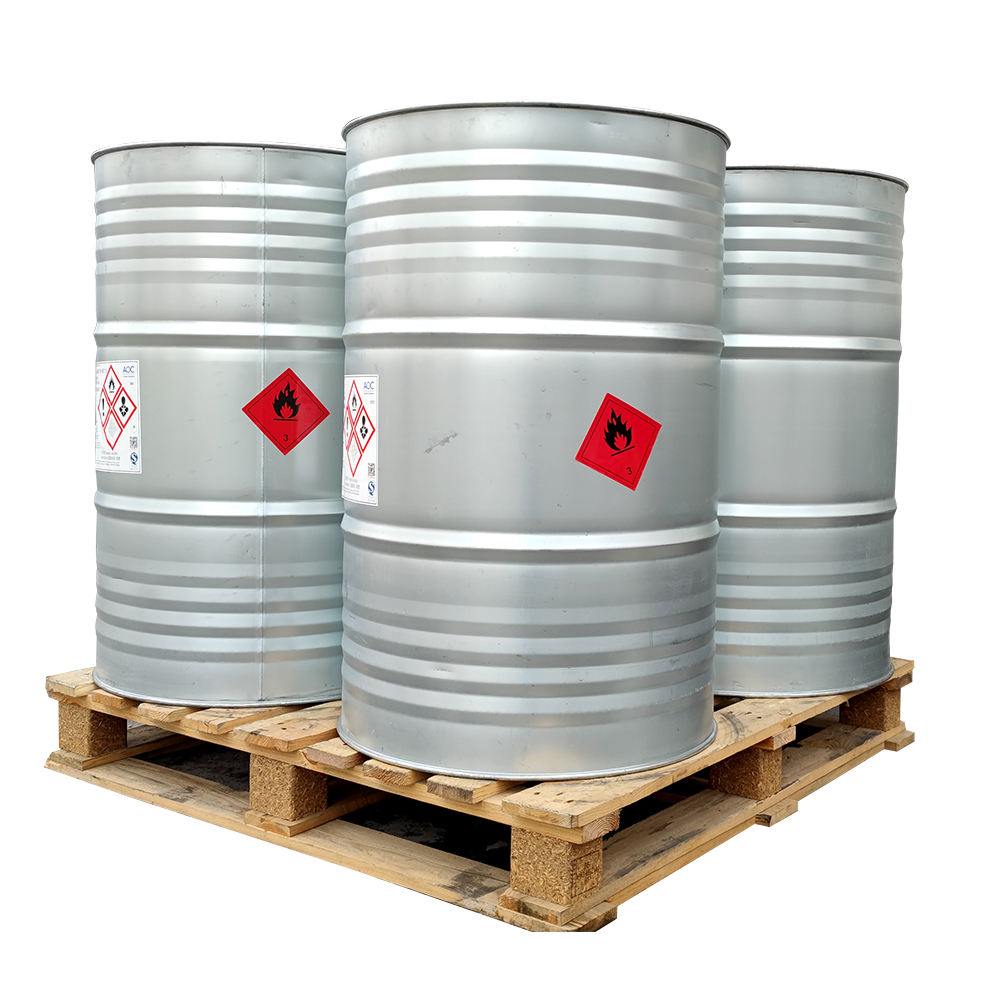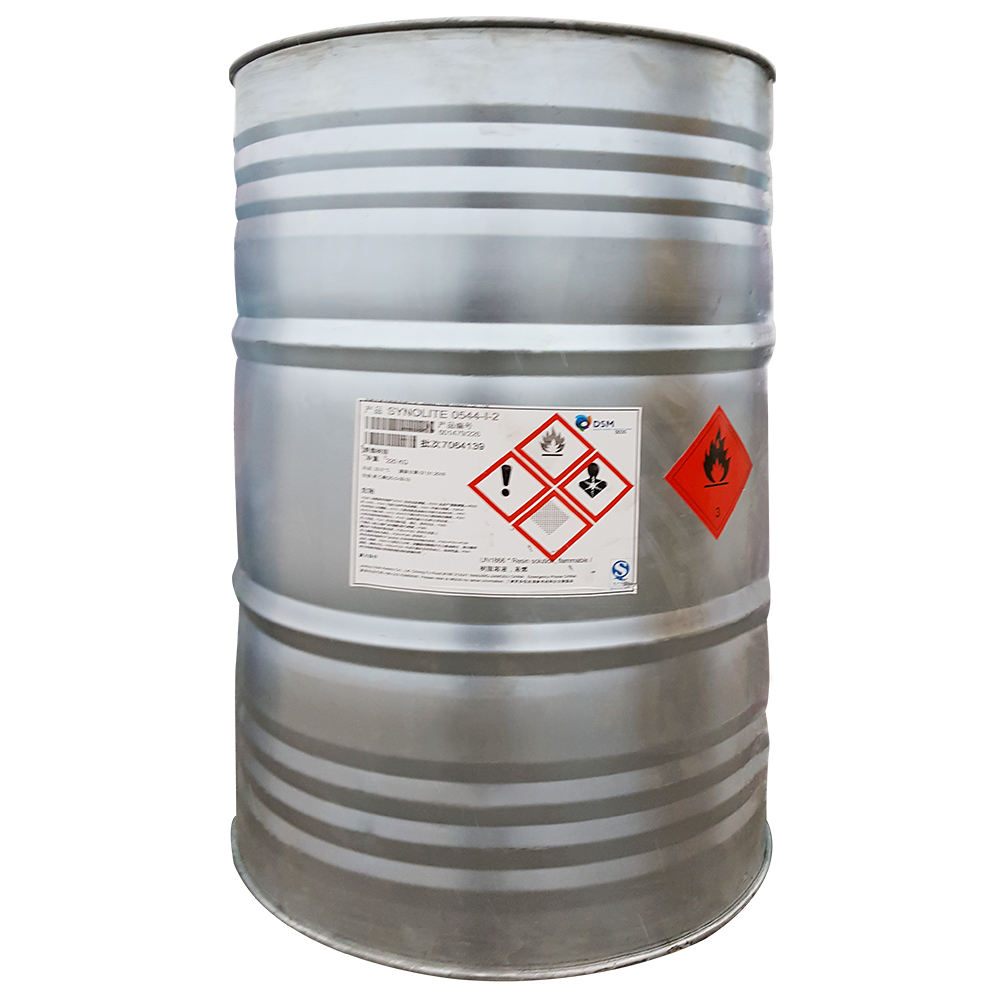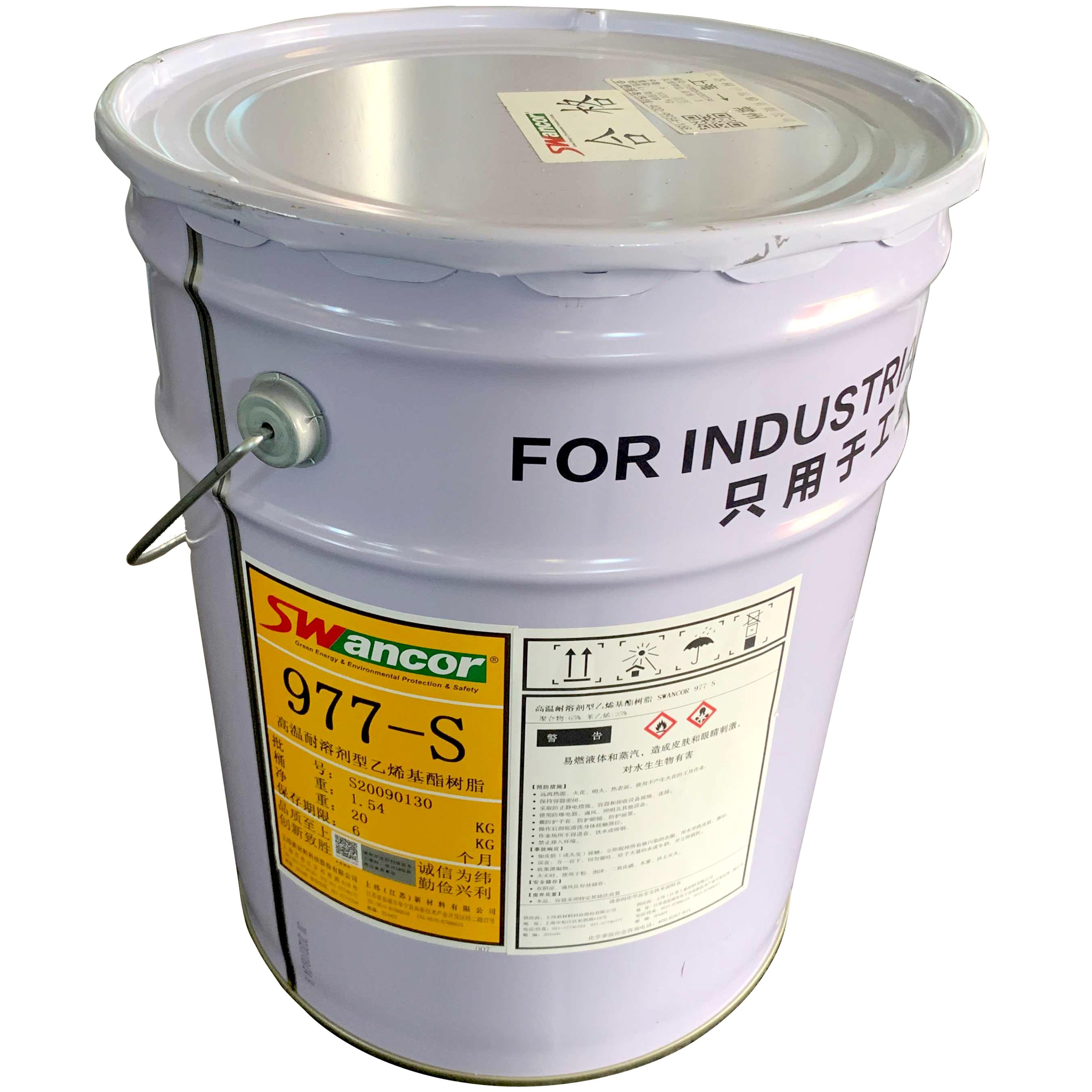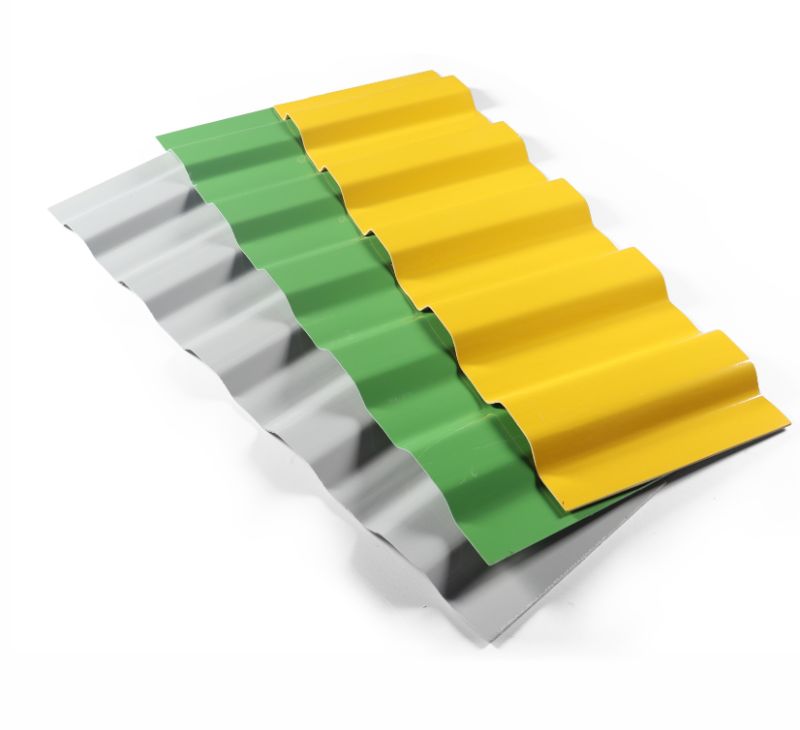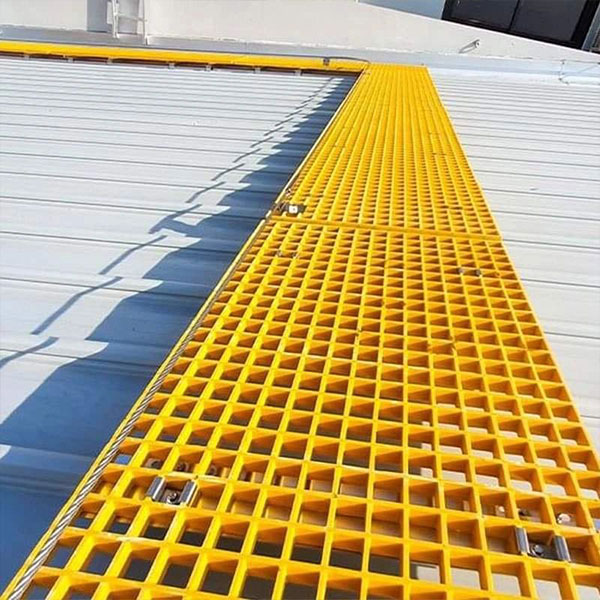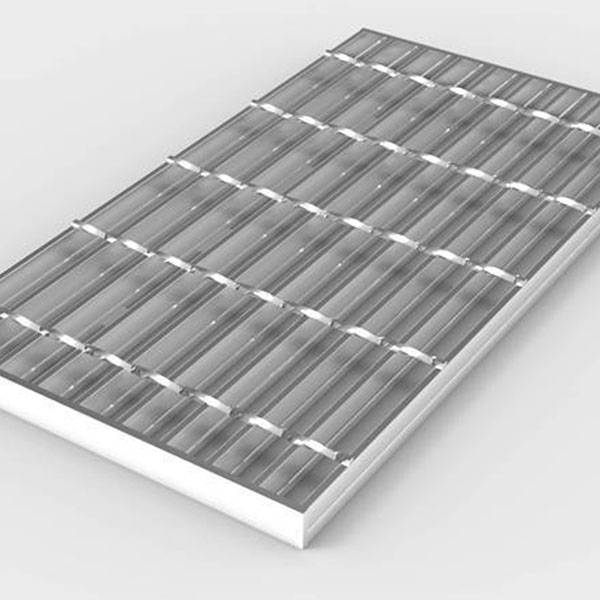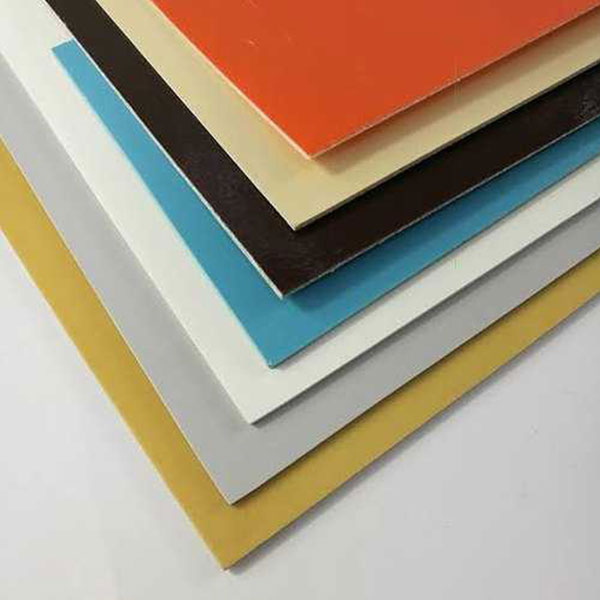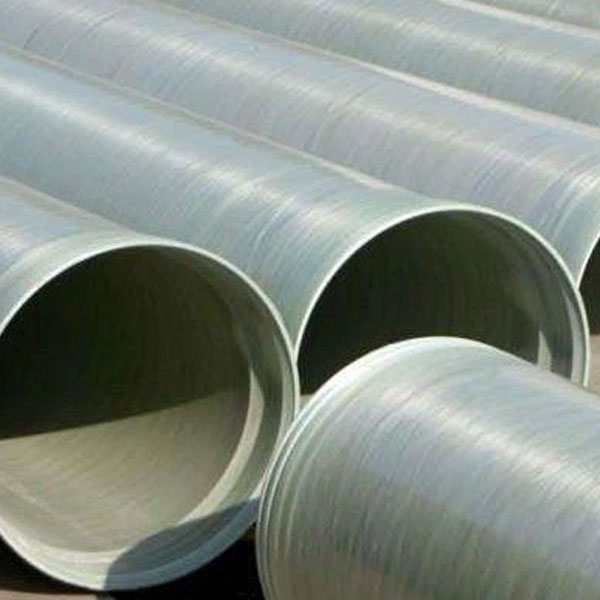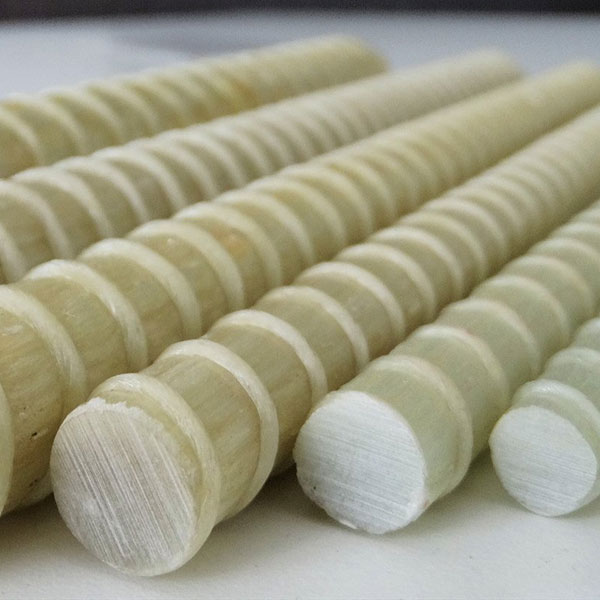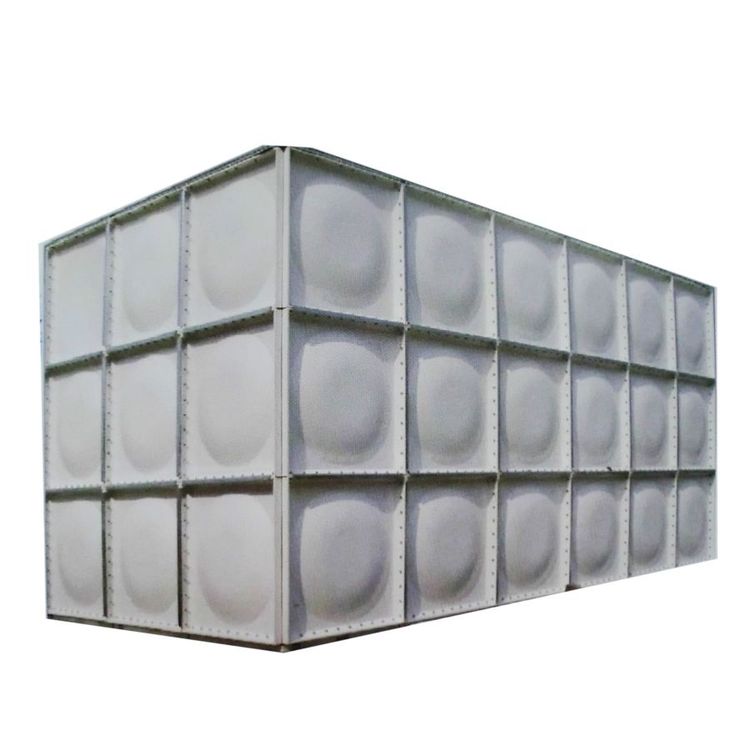Vinyl Ester Resin is a type of thermosetting resin that is widely used in various industries due to its excellent corrosion resistance, high strength, and durability. It is a hybrid of polyester resin strengthened with epoxy molecules.
Product performance introduction
Vinyl ester resin is a type of thermosetting resin that is commonly used in the manufacturing of composite materials. It is a hybrid of polyester resin and epoxy resin, offering the strength and corrosion resistance of epoxy resin with the flexibility and ease of handling of polyester resin.
Vinyl ester resin is often used in applications where high strength and resistance to chemicals, heat, and corrosion are required, such as in the construction of tanks, pipes, and other industrial equipment. It is also used in the marine industry for boat building and repair.
One of the key advantages of vinyl ester resin is its excellent adhesion to a variety of substrates, making it a versatile material for a wide range of applications. It can be easily molded into complex shapes and is highly resistant to water, chemicals, and UV exposure.
Overall, vinyl ester resin is a popular choice for manufacturers looking for a durable and versatile material that can withstand harsh environmental conditions.
Vinyl ester resin has a wide range of applications across various industries due to its excellent properties, including high strength, corrosion resistance, and durability. Some common applications of vinyl ester resin include:
-
Corrosion-resistant equipment: Vinyl ester resin is commonly used in the construction of tanks, pipes, and vessels that are exposed to corrosive chemicals, such as in the chemical processing industry, wastewater treatment plants, and oil and gas refineries.
-
Marine industry: Vinyl ester resin is widely used in the marine industry for boat building and repair, as it provides excellent resistance to water, chemicals, and UV exposure. It is used in the construction of hulls, decks, and other components of boats and yachts.
-
Automotive industry: Vinyl ester resin is used in the manufacturing of automotive components, such as body panels, bumpers, and interior parts, due to its high strength and impact resistance.
-
Construction industry: Vinyl ester resin is used in the construction of infrastructure projects, such as bridges, tunnels, and buildings, where high strength and durability are required.
-
Aerospace industry: Vinyl ester resin is used in the aerospace industry for the manufacturing of lightweight and high-performance composite materials, such as aircraft components and structures.
-
Wind energy: Vinyl ester resin is used in the production of wind turbine blades, as it provides excellent strength and durability to withstand harsh environmental conditions.
Overall, vinyl ester resin is a versatile material that is used in a wide range of industries for various applications that require high-performance, corrosion-resistant, and durable materials.
Vinyl ester resin offers a variety of features and properties that make it a popular choice for a wide range of applications. Some key features of vinyl ester resin include:
-
Corrosion resistance: Vinyl ester resin is highly resistant to corrosion from chemicals, water, and other harsh environmental conditions, making it ideal for applications where corrosion resistance is critical.
-
High strength: Vinyl ester resin has excellent mechanical properties, including high tensile and flexural strength, which make it suitable for applications that require strong and durable materials.
-
Impact resistance: Vinyl ester resin has good impact resistance, making it suitable for applications where the material may be subjected to sudden impacts or loads.
-
Heat resistance: Vinyl ester resin has good heat resistance, allowing it to withstand high temperatures without degrading or losing its mechanical properties.
-
UV resistance: Vinyl ester resin is resistant to UV exposure, making it suitable for outdoor applications where the material may be exposed to sunlight.
-
Easy to handle: Vinyl ester resin has good flow characteristics and is easy to handle and process, making it suitable for various manufacturing processes such as molding, casting, and laminating.
-
Excellent adhesion: Vinyl ester resin has good adhesion to a variety of substrates, allowing it to bond well with other materials and provide a strong and durable bond.
Overall, vinyl ester resin offers a combination of properties that make it a versatile material for a wide range of applications in industries such as construction, marine, automotive, aerospace, and wind energy. Its corrosion resistance, high strength, and durability make it a popular choice for manufacturers looking for reliable and long-lasting materials.
| Model | Property |
| 901/901-P | Chemical storage tanks, pipes, fume gas desulfurizingsystems (FGD), scrubbers, ducts, Corrosion resistant flooringwhile incorporated with aggregates. Waste water treatment systems. Food storage tanks and pure water system. Marineuse for yachts and boats, approved by DNV and Lloyd’s Register. |
| 907/907-P | Chemical storage tanks, pipes, flue gas desulfurization systems (FCGD), scrubbers, ducts and grating.Corrosion resistantHlooring while incorporated with ageregates. Equipment specifed to handle mixture of air, exhaust gases or potentiallflammable liquids. |
| 977 | Phenolic epoxy modifed vinyl ester resin, has a high crosslinking density after curing, which makes it have ag0ocresistance to oxidizing acids and strong corrosive organic solvents. At the same time, it is endowed with extremely higiHDT, which can be used in some high temperature occasions, such as the preparation of high temperature flue ancsmoke pipe. |
| 901-200 | Vacuum infusion process boat building resin. |
| 907-S |
Suitable for oxidized media and wet chlorine places. |
|
CP95 |
Special primer coating resin in concrete, can provide srong stick bewteen concrete 2 sides, will achieve anti-corrossiveheat resistant and strong interface. |
| F013 series | Suitable for moldings that are subjected to particularly high static or dynamic loads such as pipes, tanks, duct work andflooring applications. |
| 430 | 430 provides resistance to a wide range of acids,alkali, and bleaches for the use in corrosive environmentsin the chemical processing industry. The favorable combination of thermal resistance and elongation makes this resinsuitable for applications exposed to intermittent temperatures. |
| 1360 | Special air drying agent for vinyl ester resin and unsaturated polyester resin. |
Here are some frequently asked questions about vinyl ester resin:
-
What is vinyl ester resin made of? Vinyl ester resin is a hybrid material that combines the properties of epoxy resin and polyester resin. It is typically made by reacting an epoxy resin with an unsaturated monocarboxylic acid, such as methacrylic acid or acrylic acid.
-
What are the key properties of vinyl ester resin? Some key properties of vinyl ester resin include high strength, corrosion resistance, impact resistance, heat resistance, UV resistance, and good adhesion to various substrates.
-
What are the common applications of vinyl ester resin? Vinyl ester resin is commonly used in industries such as construction, marine, automotive, aerospace, and wind energy for applications such as tanks, pipes, boat building, automotive components, infrastructure projects, aircraft components, wind turbine blades, and more.
-
How is vinyl ester resin processed? Vinyl ester resin can be processed using various techniques such as hand lay-up, spray-up, filament winding, resin infusion, and pultrusion. The resin is typically mixed with a catalyst and then applied to a mold or substrate where it cures into a solid material.
-
Is vinyl ester resin environmentally friendly? Vinyl ester resin is considered to be more environmentally friendly than some other types of resins, such as polyester resin, due to its lower styrene emissions and better resistance to corrosion, which can lead to longer-lasting products and reduced waste.
-
How does vinyl ester resin compare to other resins? Vinyl ester resin offers a good balance of properties compared to other resins such as polyester resin and epoxy resin. It combines the corrosion resistance of epoxy resin with the ease of handling of polyester resin, making it a versatile material for a wide range of applications.
-
Can vinyl ester resin be recycled? Vinyl ester resin is not easily recyclable due to its thermosetting nature, which means it undergoes irreversible chemical reactions during curing. However, efforts are being made to develop recycling methods for thermosetting resins like vinyl ester resin.
Vinyl Ester Resin
Series :
Proxy Products >application
fiber-glass pipes, storage tanks, flue gas desulfurization, steel industry, chemicalindustry, petrochemical industry, papermaking, printing and dyeingindustry, overall mortar flooring, chemical fiber, textile industry, solventresistance and flame retardant, wind turbine blades, electrolytic cells(tanks), electroplating
Product name :
Vinyl Ester Resin
Appearance :
Light yellow transparent liquid
FAQ
Q :
How do you store polyester resin?
A :
It should be stored in a cool, dry place, away from direct sunlight and sources of heat. It is also important to keep the container tightly sealed when not in use.
Q :
What is the shelf life of vinyl ester resin?
A :
In general, unopened containers of vinyl ester resin can be stored for 6-12 months from date of manufacture.
Other related products

